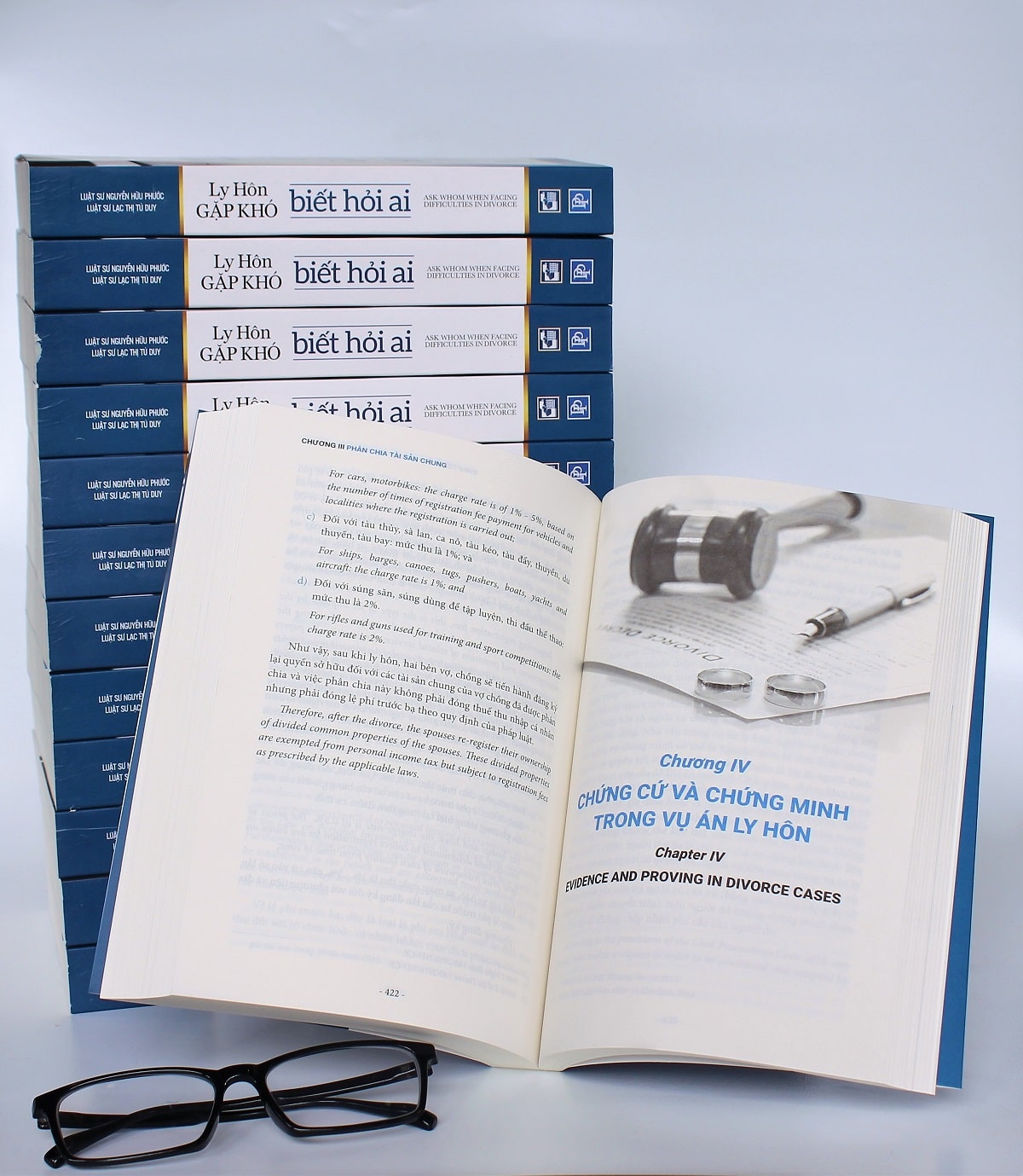In principle, witnesses must declare truthfully and in all respects all the facts they are aware of about the case as well as provide all information, documents and objects they retain which are related the resolution of the divorce. However, in some cases, to ensure the legitimate interests of witnesses as well as that of their related people, the law allows the witnesses to refuse to submit their declaration. Currently, the witnesses are entitled to refuse giving testimony if it falls within one of the following two cases:
- Relating to State secrets, career secrets, business secrets, personal secrets, and family secrets. Relating to State secrets is related to the issues (information, news, content, etc.) in the legal documents of the competent State agencies as the following level: “extremely secret”, “top secret” or “secret”. Professional secrets, business secrets, and privacy secrets are related to the professional secrets, business secrets, and privacy secrets of the witness himself or herself that are protected by the Law on Intellectual Property and Civil Law; and
- The testimony has a negative and detrimental effect on the relatives of the witnesses. Relatives here are those who are related to the spouses by blood relation within 03 generations such as biological parents, siblings, uncles, nephews, etc.[2]
However,
witnesses may only refuse to give testimony in above cases and may not deny
other statements. At the same time, the witnesses must clearly notify the Court
of the witnesses’ refusal to give testimony. If the refusal to testify is not
legitimate, the witness shall be responsible for his or her refusal. Depending on the nature and
severity of the charges faced, witnesses may
be disciplined, administratively sanctioned, or even criminally handled[4]. Therefore, the law stipulates that when witnesses
use the right to refuse provision of the above declaration, the Judge must
clearly state and explain to them their responsibilities and consequences of
refusing to declare if it is found to be
illegitimate.
[2] Article 20.1.(c2) of the Resolution 03/2012/NQ-HDTP.
[4] Article 489.2 of the Civil Proceedings Code 2015.
If you would like more information on how we can assist you with divorce issues, please contact us at: +84 (28) 36223522 or email us at info@phuoc-partner.com

